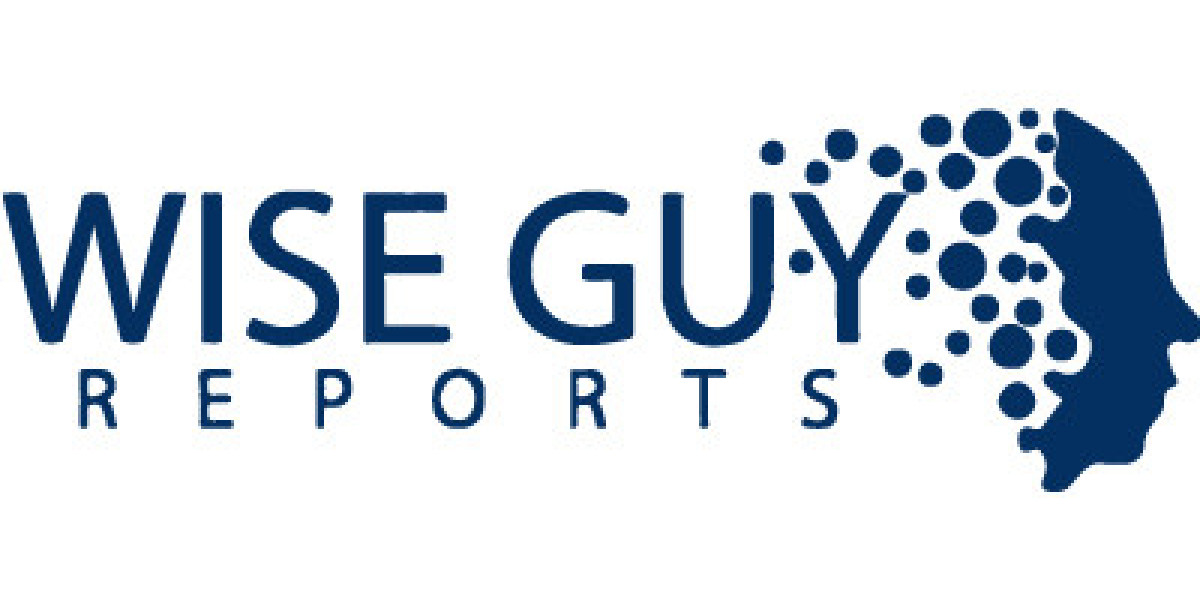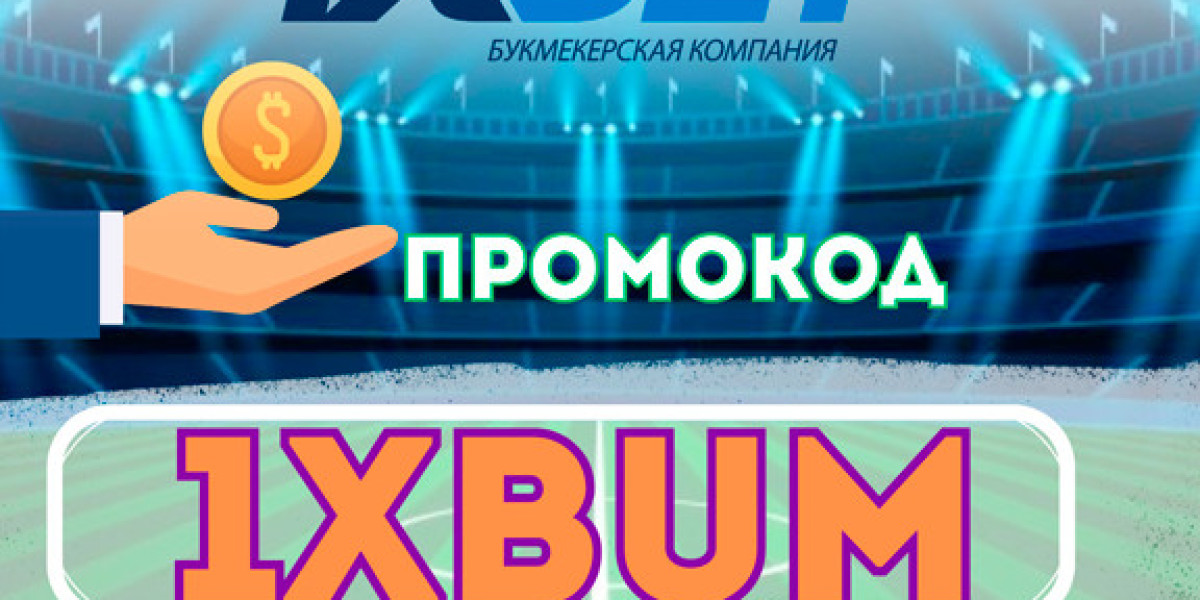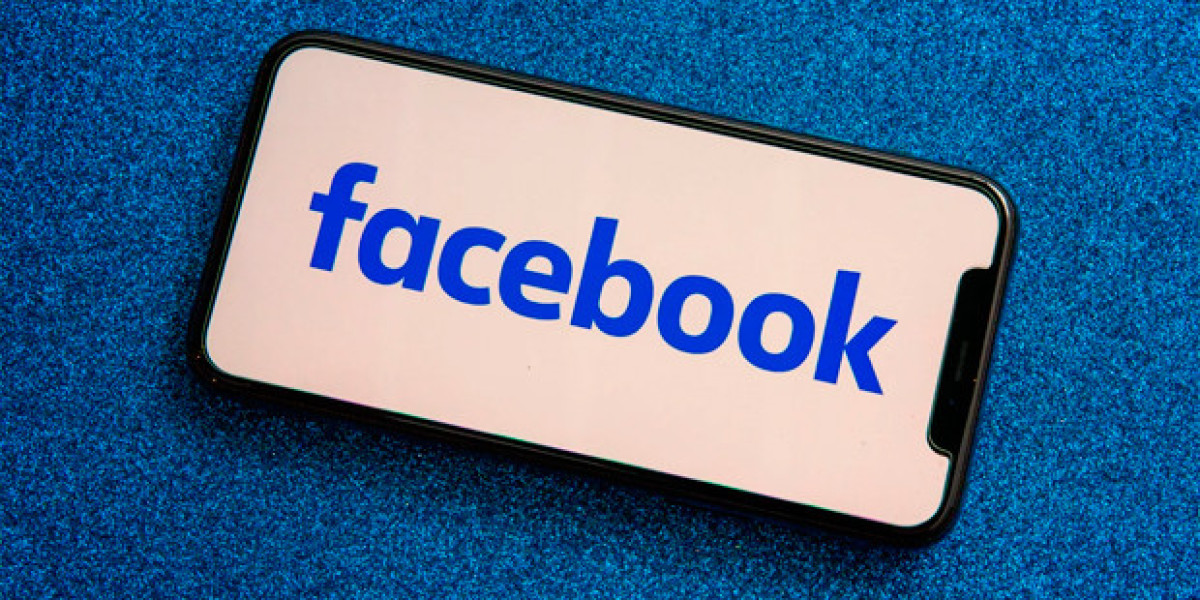As per wise guy reports, the Ultra Fast Charging Battery Market is witnessing significant growth as industries and consumers demand quicker, more efficient, and sustainable energy storage solutions. The rising adoption of electric vehicles (EVs), growing use of portable electronic devices, and expansion of renewable energy systems have created a pressing need for batteries that can recharge in minutes instead of hours. Ultra-fast charging batteries represent a transformative shift in energy technology—reducing downtime, improving convenience, and supporting the transition to cleaner energy systems.
The global push toward decarbonization and the widespread adoption of electric mobility are the primary forces driving this market. Traditional lithium-ion batteries, while widely used, face challenges such as limited charging speed, overheating, and degradation over time. Ultra-fast charging batteries, built with advanced materials like graphene, lithium-titanate (LTO), and solid-state electrolytes, overcome these limitations. These innovations allow energy transfer at higher rates without compromising battery life or safety. As electric vehicles become mainstream and charging infrastructure improves, ultra-fast charging technology is emerging as a critical enabler for mass EV adoption.
Moreover, the market is seeing increasing investment in research and development from both established players and startups. Companies are focusing on achieving ultra-fast charging times—often under 10 minutes—while maintaining high energy density and safety. Major automakers such as Tesla, BMW, and Hyundai, alongside battery manufacturers like CATL and Samsung SDI, are heavily investing in developing proprietary fast-charging solutions. These efforts aim to address one of the most significant consumer concerns—range anxiety—by making EV charging as quick and convenient as refueling a conventional vehicle.
In addition to transportation, the demand for ultra-fast charging batteries is expanding across consumer electronics and industrial applications. Smartphones, laptops, and wearable devices now feature larger batteries due to increased functionality and connectivity. Users expect their devices to charge rapidly without overheating or reducing battery lifespan. Similarly, in industrial settings, fast-charging energy storage systems enable continuous operation of equipment, robotics, and logistics vehicles, thereby increasing productivity and reducing downtime.
Geographically, Asia-Pacific dominates the ultra-fast charging battery market, led by China, Japan, and South Korea. These countries are home to several key battery manufacturers and have strong government initiatives promoting electric mobility and renewable energy integration. North America and Europe are also showing strong growth, driven by strict emission regulations, government subsidies for EVs, and expanding charging infrastructure. In particular, the European Union’s ambitious climate targets and the U.S. government’s investment in clean energy technologies are creating favorable conditions for the market’s expansion.
However, the ultra-fast charging battery market also faces certain challenges. High production costs, the need for advanced charging infrastructure, and safety concerns related to thermal management remain significant barriers. The chemistry required for ultra-fast charging often involves expensive materials, making it difficult to scale economically. Nonetheless, ongoing technological advancements and economies of scale are expected to gradually reduce costs, making ultra-fast charging batteries more accessible across industries.
Looking ahead, the ultra-fast charging battery market is poised to become a cornerstone of the future energy ecosystem. The convergence of advanced materials science, artificial intelligence-driven battery management systems, and renewable energy integration will further accelerate innovation. By enabling rapid charging without compromising performance, these batteries have the potential to redefine how energy is stored, distributed, and consumed globally.
FAQs
1. What is an ultra-fast charging battery?
An ultra-fast charging battery is a type of advanced energy storage device designed to recharge in significantly less time compared to conventional lithium-ion batteries. Using innovative materials and improved electrolyte chemistry, these batteries can achieve full charge within minutes while maintaining high energy density and long cycle life.
2. What industries are driving the growth of the ultra-fast charging battery market?
The primary growth drivers include the electric vehicle industry, consumer electronics, renewable energy storage, and industrial automation. Each of these sectors requires reliable and efficient power solutions capable of rapid energy replenishment.
3. What are the future prospects for the ultra-fast charging battery market?
The market’s future is highly promising, supported by growing EV adoption, advancements in material technology, and global sustainability initiatives. With continued R&D and policy support, ultra-fast charging batteries are expected to become mainstream within the next decade, revolutionizing energy consumption across multiple sectors.
Related Reports:
Pressure Reduction Station Market
Semi-Flexible Polycrystalline Solar Panel Market








